We're hiring: Land Stewardship Specialist
This full-time position plays an integral role in our Stewardship and Land Management team by conducting annual monitoring visits to properties protected by conservation easements, interfacing with landowners, compiling reports, and more.
Nearly 800 acres protected by Upstate Forever in 2023
January 30th, 2024
By Scott Park
As more and more folks discover our region’s natural beauty and move to the Upstate, it becomes even more pressing to protect the working lands, forests, and natural areas that make this area so special, as well as the blueways that are critical to local drinking water. After tallying the numbers, we're pleased to announce that in 2023, our nationally-accredited land trust permanently protected 783 additional acres across Upstate South Carolina through conservation easements.
2023 conservation easement projects include:
Bishop Branch Pastures, 64.7 acres of agricultural land and wildlife habitat in northwestern Anderson County. Located a few miles from Clemson University and just outside Pendleton, this conservation project permanently protects acres of pastureland, wildlife habitat, and water resources in a rapidly developing region.
Bishop Branch Pastures conservation funders include: the South Carolina Conservation Bank (SCCB), Upstate Land Conservation Fund (ULCF), U.S. Department of Agriculture (USDA) Agricultural Conservation Easement Program Natural Resource Conservation Service (NRCS), and the U.S. Environmental Protection Agency (EPA) under a Section 319 Grant through S.C. Department of Health and Environmental Control (SCDHEC).
“Without conservation groups, this valuable land would be lost to urban development,” said Reginald Hall, South Carolina Assistant State Conservationist-Programs NRCS. “Thanks to this conservation partnership, this easement will protect the land into perpetuity.”
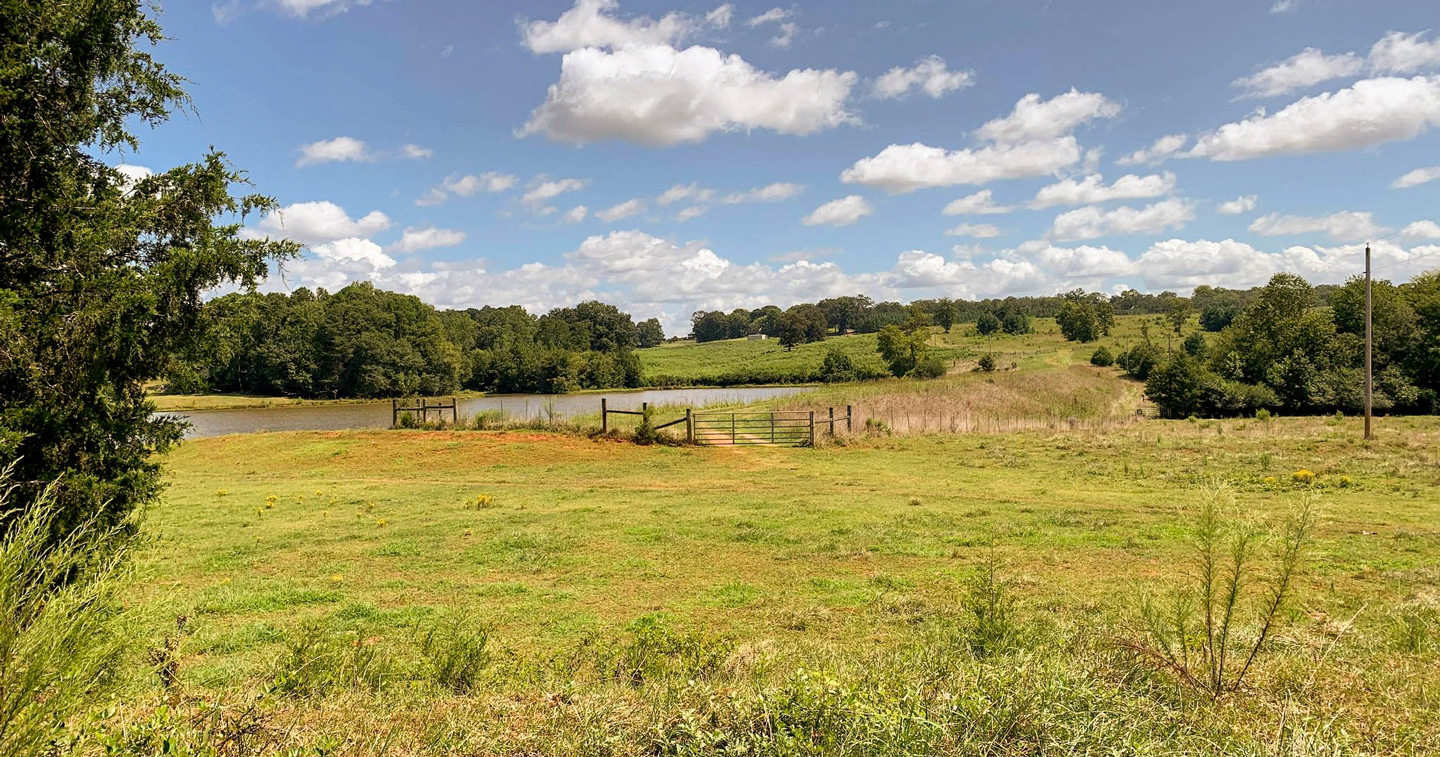
Bishop Branch Pastures, Anderson County
Twin Ponds Hunt Club, a 91.7-acre privately owned property in Cherokee County with approximately 70 acres of prime soils (having physical and chemical characteristics as determined by the USDA) and soils of statewide importance. Project funders include the SCCB and ULCF.
"The rolling Piedmont farmland of the Upstate is, perhaps, the most threatened conservation priority in our state,” said Raleigh West, executive director, South Carolina Conservation Bank. "To see progress on saving farms and wildlife habitat here gives me a great sense of relief and hope that we can continue to build momentum for more land protection in this important area.”
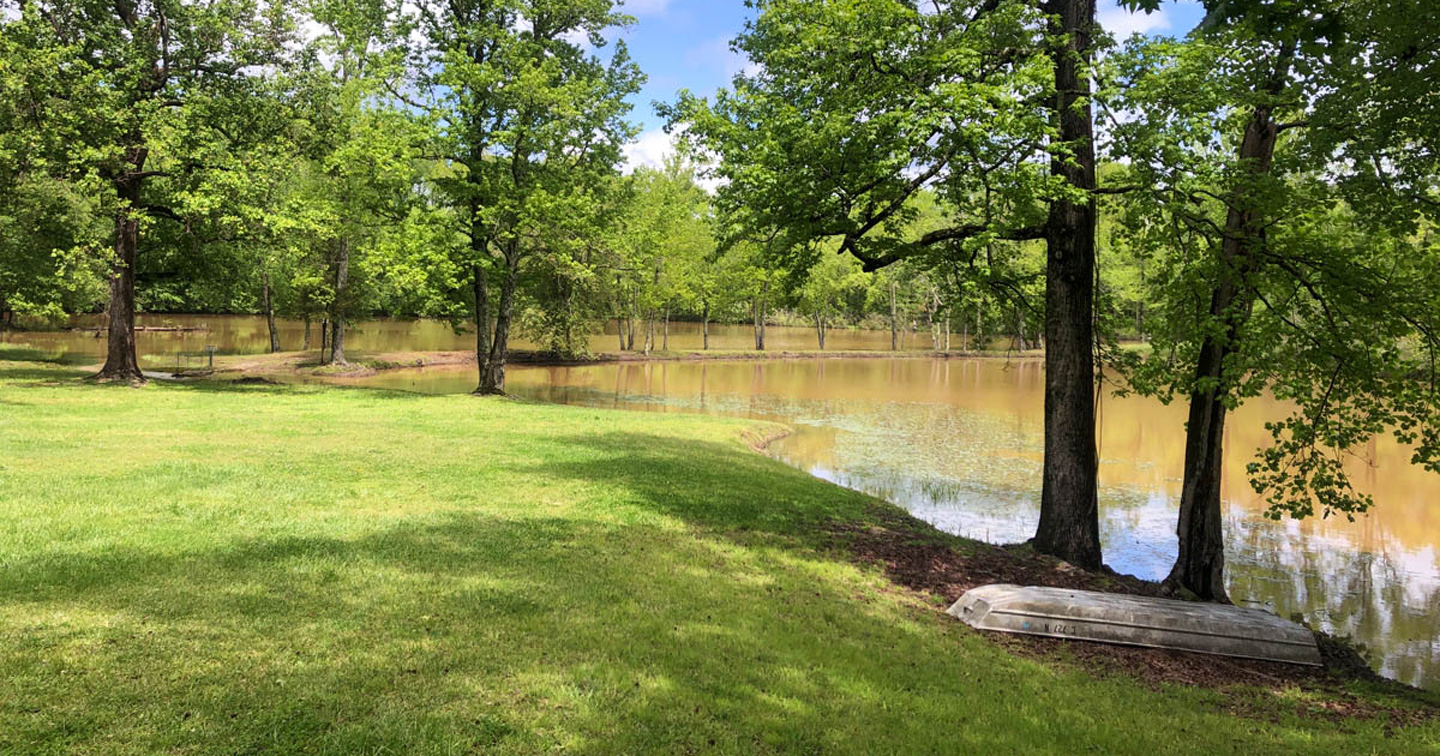
Twin Ponds Hunt Club, Cherokee County
In Greenville County,
- Horsepen Creek II, a 31.7-acre property that contains critical wildlife habitat, wetlands, creeks, and forest in a rapidly developing area near downtown Simpsonville. Project funders include the SCCB, Greenville County Historic and Natural Resources Trust (GCHNRT), and ULCF.
- Meadow Fork Creek Forest, 72.7 acres in the South Tyger River watershed containing habitat, wetlands, and forestland that maintain the scenic and rural quality of the Tigerville area. This project was made possible by Renewable Water Resources (ReWa).
- Saluda Dam Acres, comprised of 69.6 acres nestled between one of the area’s busiest thoroughfares and the Saluda River. A pond, wetlands, and creeks flow to the Saluda, paired with lush upland forest support wildlife including bear, turkey, beaver, and deer. Project funders include the SCCB and GCHNRT.
- Previously announced: Beaverdam Creek Preserve, a 33-acre property outside the City of Greer boasting significant frontage along Beaverdam Creek, wildlife habitat, and 11 acres of wetlands. Project funders include the ULCF and the US EPA under a Section 319 Grant through SCDHEC.
- Previously announced: Blackwell Farm, 50 acres of woods and meadows in an area near Tigerville experiencing intense development pressure. Project funders include Greenville Women Giving, the SCCB, USDA-NRCS, and the US EPA under a Section 319 Grant through SCDHEC.
“If we are to sustain the quality of life for which Greenville County is justifiably known, it is critical that we continue to add to our open spaces not just for recreation but also for the myriad of environmental benefits they provide from clean water to wildlife habitat,” said Carlton Owen, Chair of the Board of the Greenville County Historic and Natural Resources Trust (GCHNRT). “Outright purchases to add to our parks and trails along with voluntary protection of private places like Saluda Dam Acres via a perpetual conservation easement play important roles.”
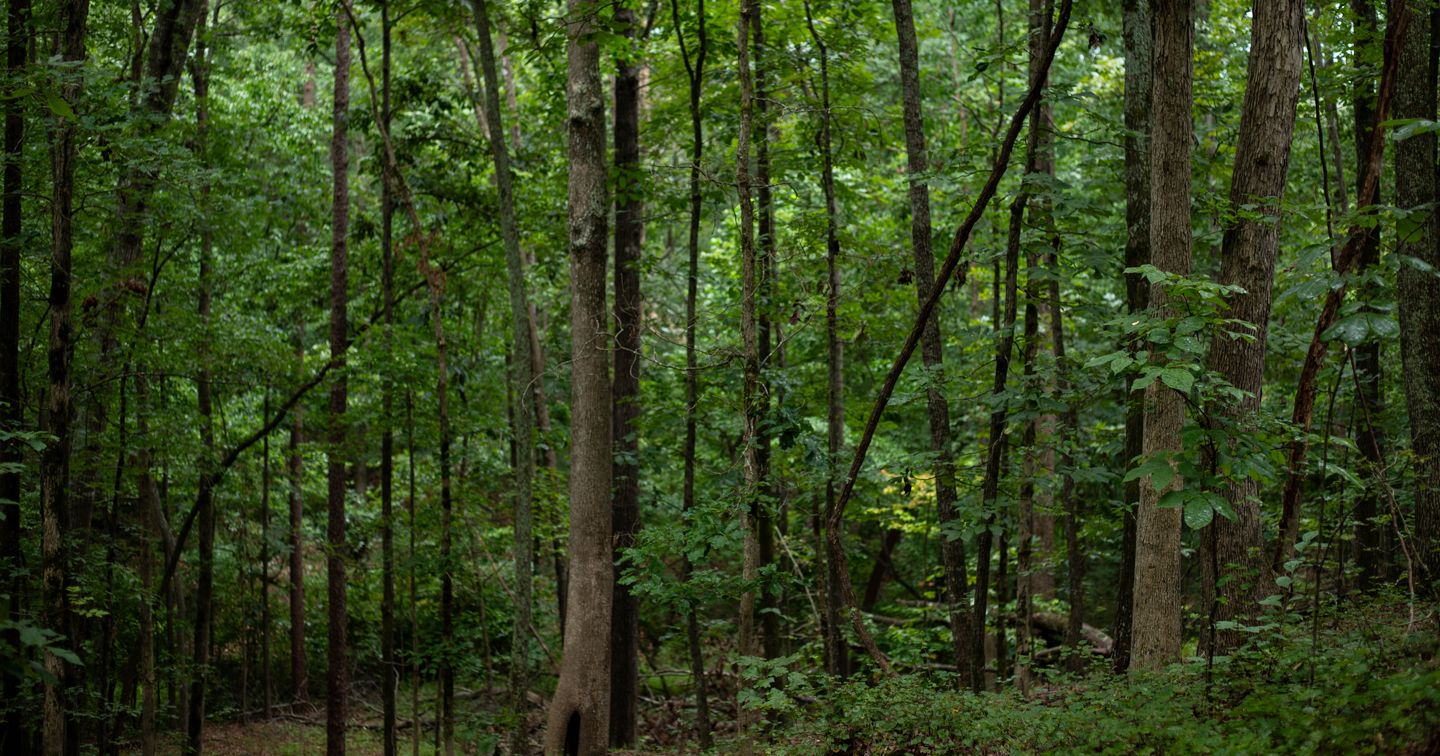
Saluda Dam Acres, Greenville County
In Pickens County,
- The Happy Berry, a 22.36-acre farm that offers pick-your-own and pre-picked varieties of blackberries, blueberries, muscadines, grapes, figs, and more. Project funders include the SCCB and ULCF.
- Possum Holler, 79.4 acres located near Pumpkintown, comprised of nearly 100% native hardwood forest. Project funders include the SCCB, U.S. Fish and Wildlife Service Coastal Program, and ULCF.
- Reeds Run, 57.9 acres that expands protection of the iconic scenic viewshed of Table Rock and Grant Meadow along the Cherokee Foothills Scenic Highway. Project funders include the ULCF.
- Previously announced: Bryson Children’s Nature Walk, a 63-acre property slated to become a park and outdoor classroom for students at the adjacent Six Mile Elementary School. Project funders include the SCCB and ULCF.
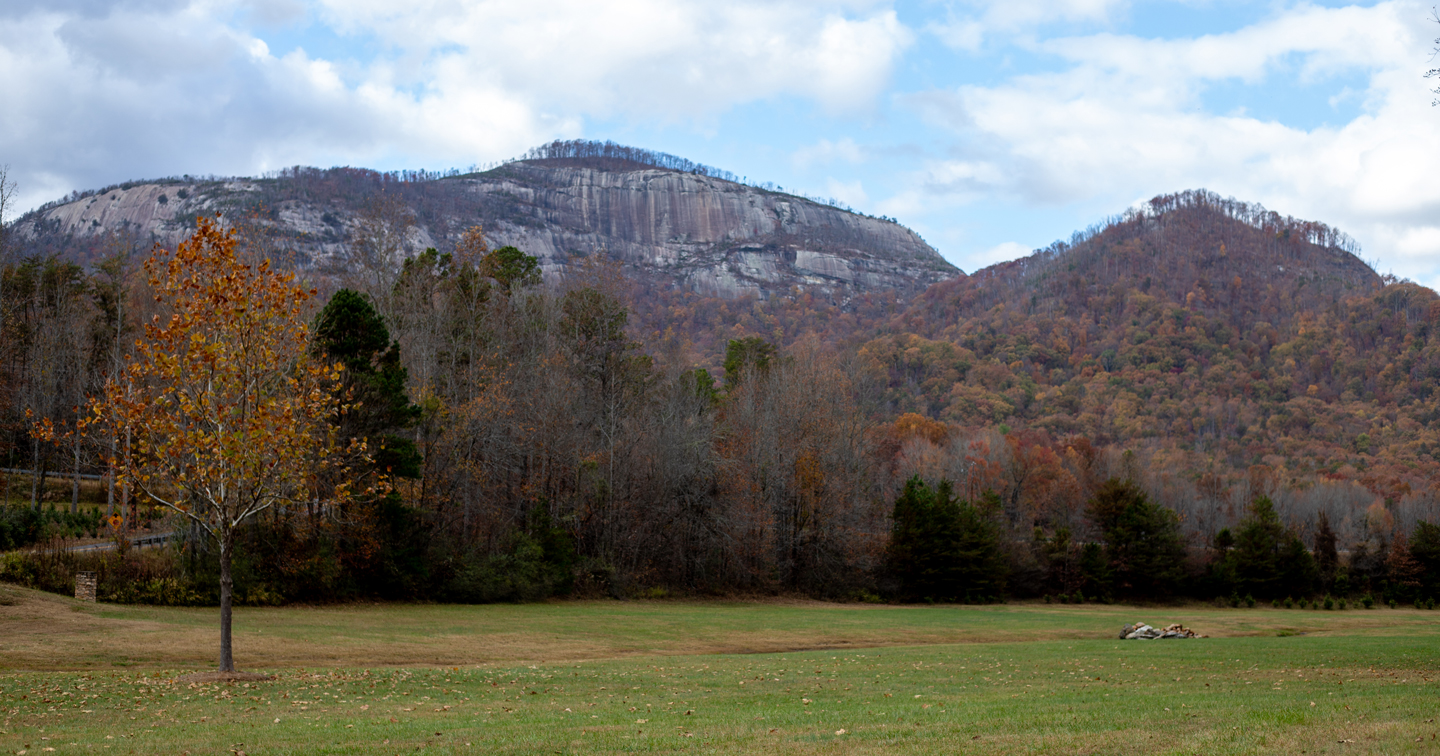
Reeds Run, Pickens County
In Spartanburg County,
- Cinder Branch, a 54.99-acre property comprised of open pastureland and mature hardwood forest that contributes to local water quality through its significant frontage on Cinder Branch, a tributary of the Pacolet River. Project funders include the ULCF.
- Triple Oak Farm, a 91.8-acre registered South Carolina Century Farm that has remained in the same family for six generations. Project funders include the SCCB and ULCF.
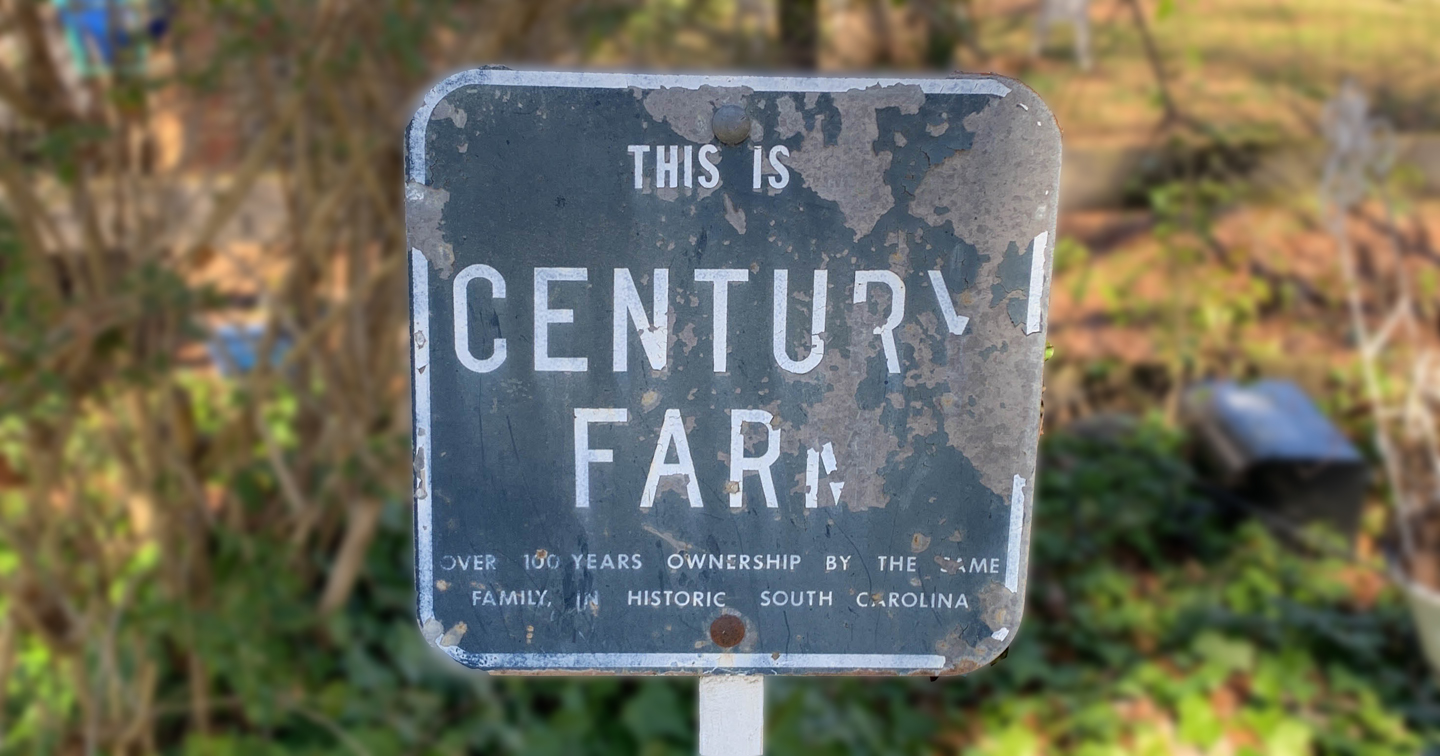
Triple Oak Farm, Spartanburg County
Additional projects with conservation partners — including the South Carolina Farm Bureau Land Trust, Naturaland Trust, The Nature Conservancy of South Carolina, Spartanburg Area Conservancy (SPACE), and Upper Savannah Land Trust — comprised nearly 3,000 acres. These are projects where Upstate Forever did not take on a new conservation easement, but provided other support integral to the effort’s success.
How does Upstate Forever permanently protect land?
Our nationally-accredited land trust protects land in partnership with landowners through conservation easements, which are voluntary contracts that allow the landowner to legally restrict certain land uses from occurring on their property, such as the development of residential subdivisions, commercial, or industrial operations, while allowing traditional rural land uses, such as farming, grazing, hunting, and timbering to continue. This agreement is permanent and remains with the land even after it has been sold or willed to heirs.
We have permanently protected more than 35,500 acres through conservation easements and partner efforts across the ten-county Upstate region of Abbeville, Anderson, Cherokee, Greenville, Greenwood, Laurens, Oconee, Pickens, Spartanburg, and Union Counties since our founding in 1998.
Do you own land you'd like to protect?
Our land trust helps landowners preserve their legacy through voluntary conservation easements. You continue to own the land, and you may realize significant tax benefits. Funding assistance may also be available. For more information, contact us at landtrust@upstateforever.org.

